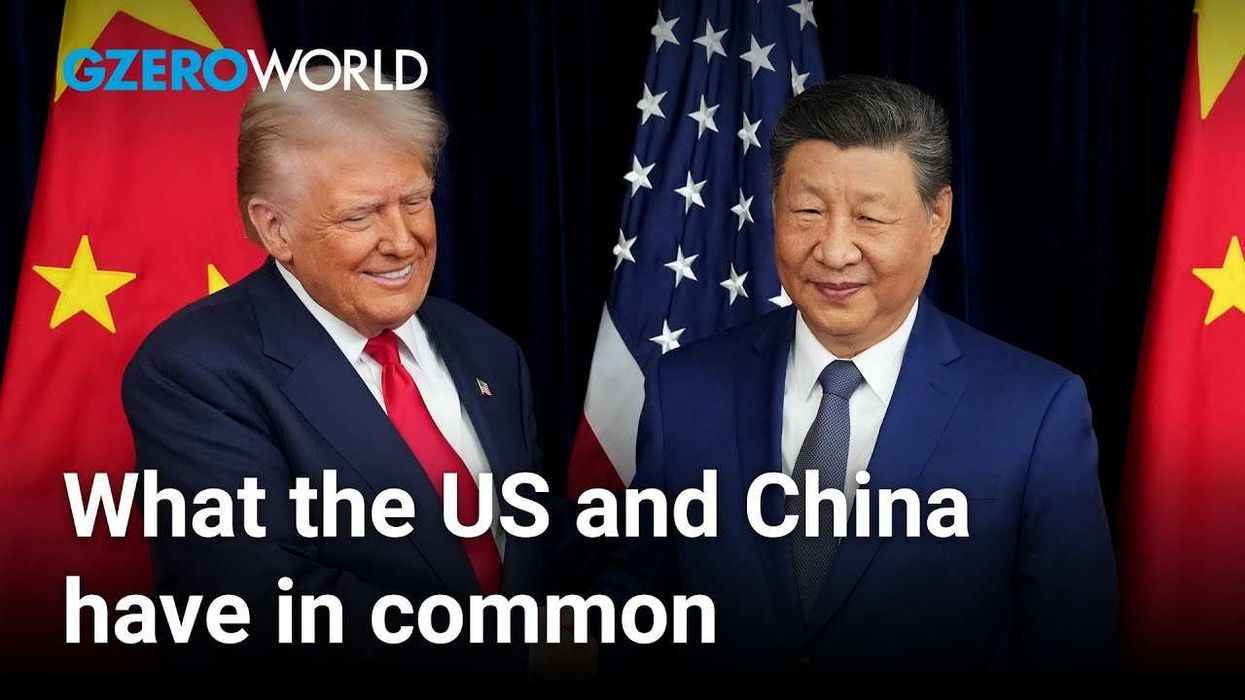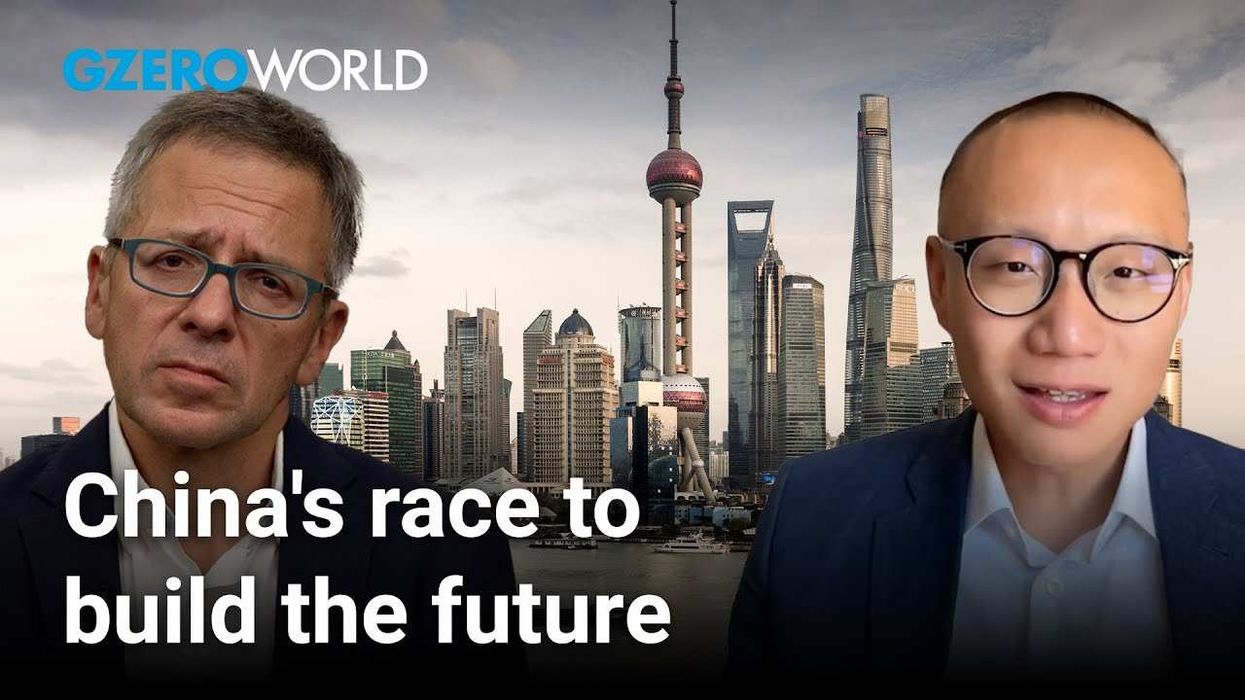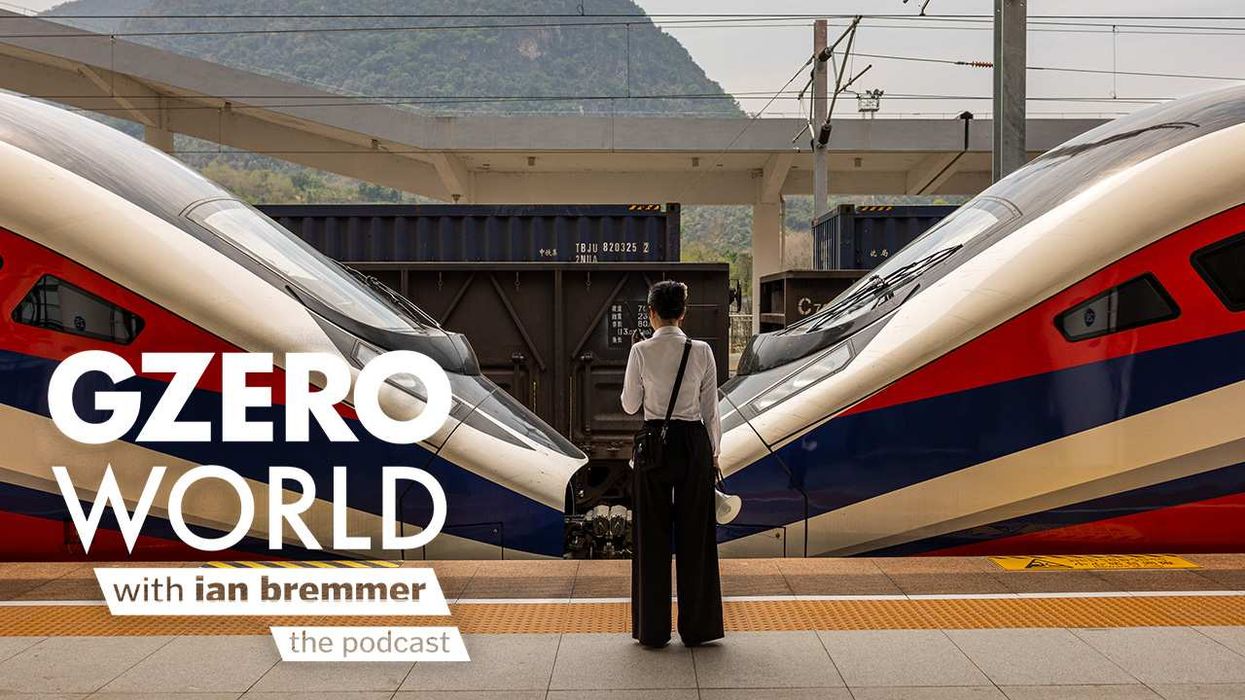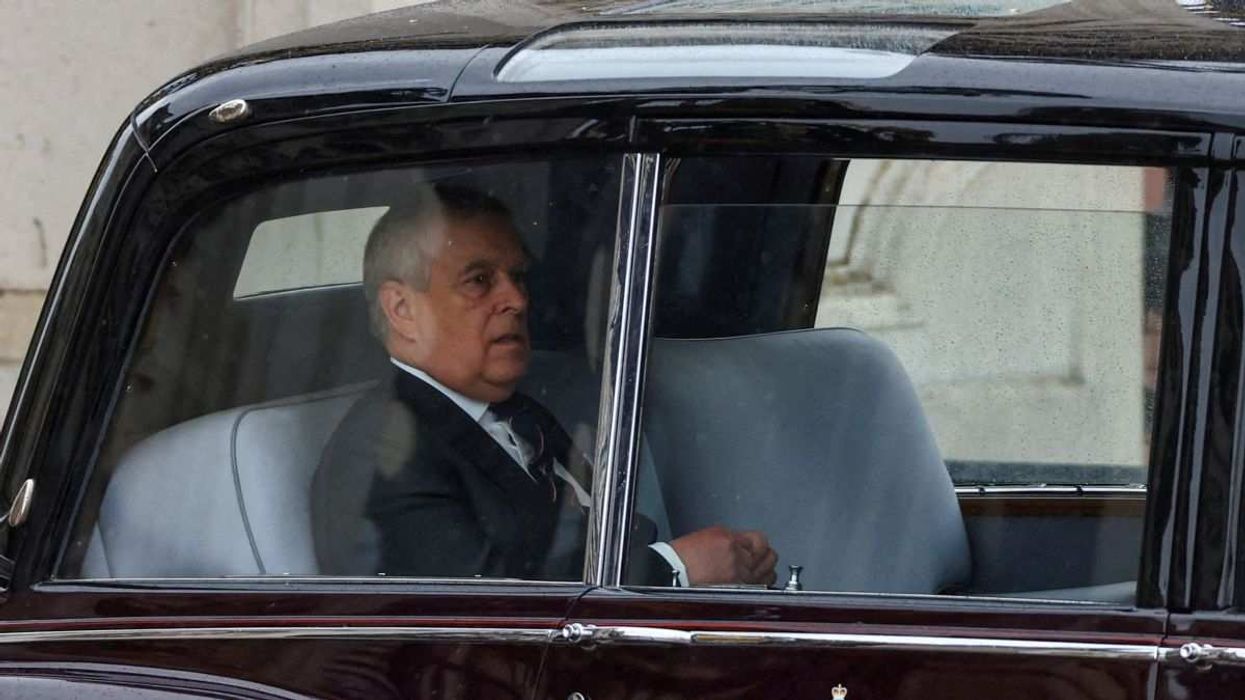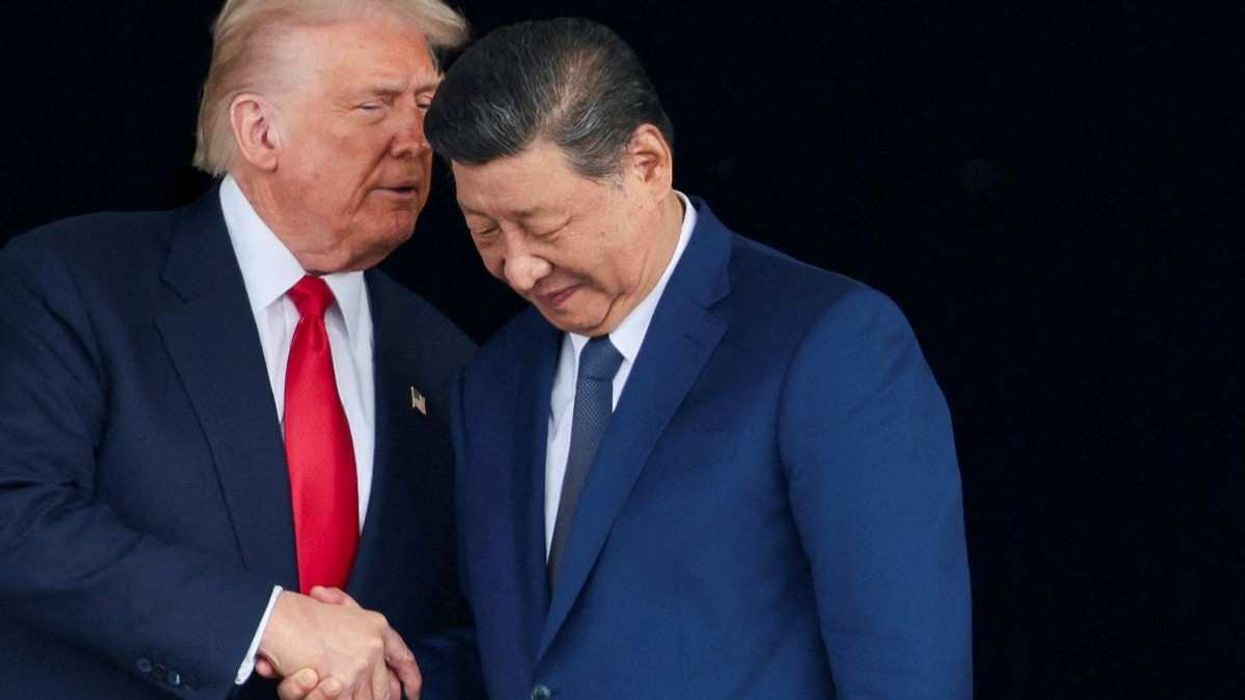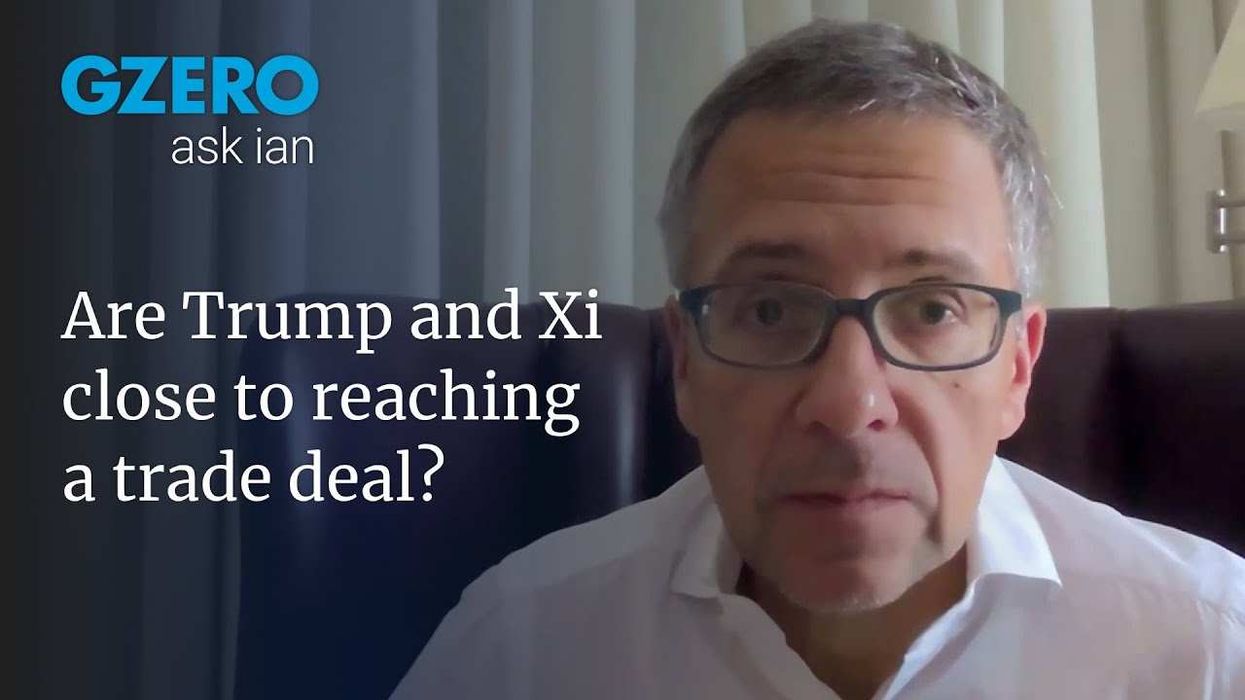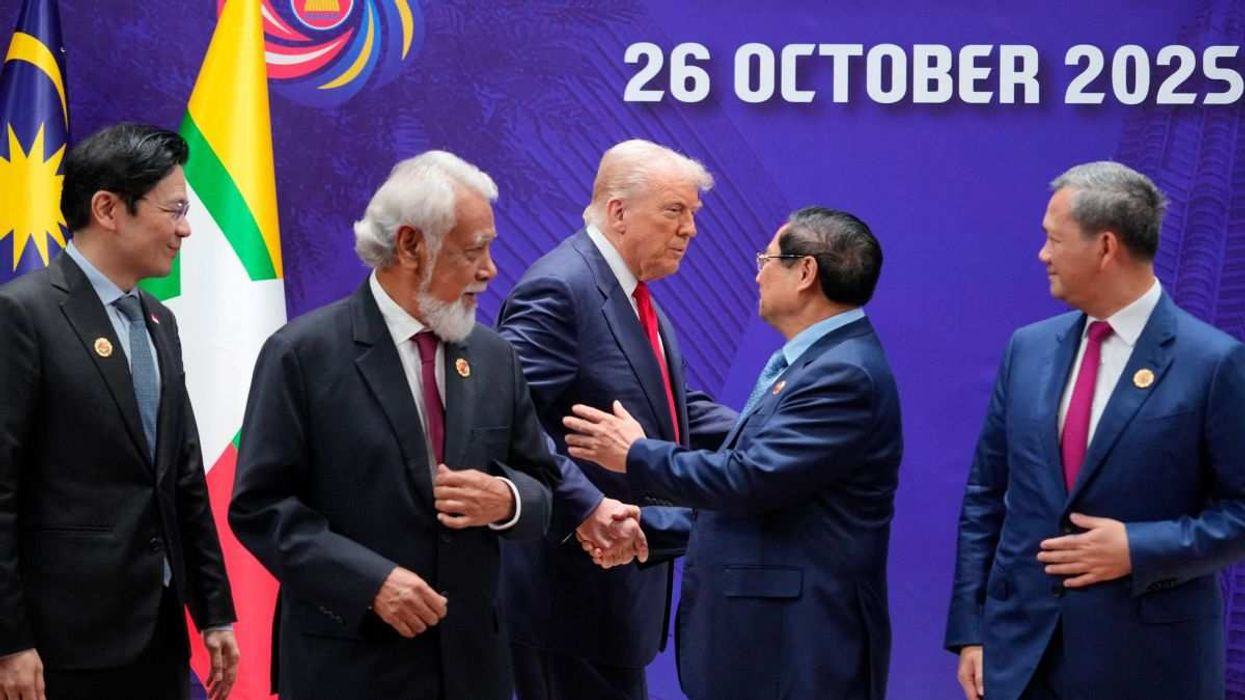What We're Watching
What We’re Watching: US critical minerals summit, Rafah crossing reopens, Border violence in Pakistan
Representatives from the European Union, United Kingdom, Japan, and others will meet in Washington this week to discuss a strategic alliance on critical minerals.
Feb 02, 2026



